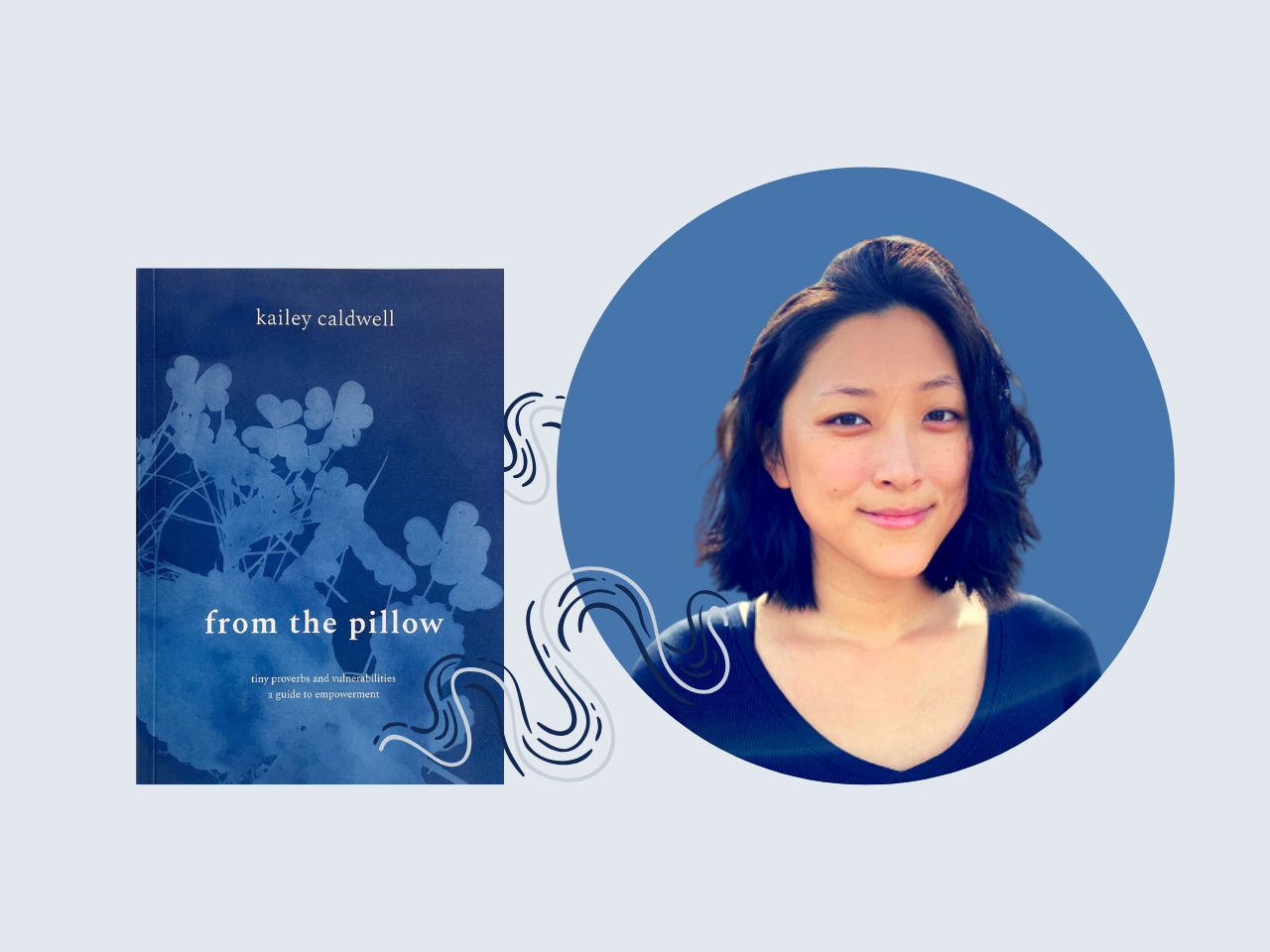Every once in a while, I like to pick up books that might not seem to be my usual cup of tea. But that’s the thing about never judging a book by its cover, cause you’ll never know just how compelling the content can be.
For this particular book, I can say that it’s different from my typical picks - which usually are comprised of motivational perspectives or data-supported books. But I’m so glad that I got the chance to read From the Pillow : Tiny Proverbs and Vulnerabilities by Kailey Caldwell.

To quickly illustrate the book as a whole, I’d say it’s therapeutically powerful, effectively healing and also refreshingly mind-opening. It’s written in prose poetry style, simple yet concise as the author shares her stories of domestic abuses. Ultimately, she turns them into an insightful journey that speaks for all.
As for the detailed recap, here’s the outlined chapter-dive:
Chapter 1 : Being Human
To err is human. In her beautifully written opening chapter, Caldwell links how perfection is built upon our experiences and identities. Perfection is subjective and can be adjusted to one’s mind-map.
When we understand that perfection exists within the ideas that we build for ourselves, it can become easier for us to fight the urge of self-blaming or exemption. In fact, you can throw away your mind-map of certainties, orders, and over-analyzing.
Instead, embrace the not knowing, the negative feelings, spontaneity, living in the moment and everything that makes life has meanings.
Chapter 2: Define Your Own Success
It’s natural for everyone to chase success, but Caldwell pens it as “distinct and diverse”.
She regards passion and purpose as the real success, because those are the real currency to yourself as a whole. It’s better to operate with those two values, rather than constant productivity which is not always the real path to success.
While a positive virtue, productivity often leads to false sense of security and survival mode. This hinders creativity, limits options and works against intuitions. Ultimately, self doubt creeps in as well as trust in others.
As oppose to that Caldwell suggests building confidence and reaching success- simply by living your authentic truth.
Chapter 3 : Manipulation
As a survivor of domestic abuse, Caldwell shares her story of living a false life designed by someone else for her. She stresses on trusting your intuition as key to fight submission.
In life, there are often two paths to choose from : Foggy / Uncertain and Bright / well paved. Always go with the foggy one, because the bright and well-paved way can be someone else’s design or manipulation into gaining your trust. Hold on to your own intuition to make your own freedom.
Because after all, the hard way sometimes may just be the best way.
Chapter 4 : Be Vulnerable
In this chapter, Caldwell attributes the support of people around her to make it thus far. She advises to have someone you can fully trust, as it will build self trust. Of course, intuition plays a big part in investing trust in others - but this allows growth and options, leading less hesitation along the way.
Chapter 5: Louder than Fear
In life of hardships, it can be hard to rejoice or revel in good things. But rejecting positivity just emphasizes your trauma and halts your journey. It’s important to identify your trauma triggers and understand them. This process is essential to lessening the effects long term.
Allow yourself the space to breath and respond. Learn to live and live to learn.
Chapter 6 : Reality
Caldwell is a big believer in the right mindset. Inspired by her separation from an abusive partner and manipulative business colleagues, she is now able to live peacefully in her own terms.
This all starts by being in control of your life choices, and adhering to the reality you want to project for yourself. Put your mind into anything and it will manifest. Stay away from bad or superficial things.
Chapter 8 : Proverbs
Living a life free of grudge, Caldwell chooses to put her energy into those who deserve it.
It’s also a life free of fear as she sheds away all expectations and embrace vulnerabilities instead ( a big theme in the book, as also mentioned in the title). This takes patience, but so worth it.
Chapter 9: Healing
In liberating herself from her past experiences, Caldwell acknowledges that the messed-up part is actually an empowering one. Instead of being ashamed or regretting it, why not rejoice all failures as humane parts - and even necessary to become true ourselves.
Healing is all about embracing experiences : past or the ones yet to come. You just have to continue to adapt, overcome and evolve. This is by far, the best chapter of the book - a perfect one to this beautiful book.
Summary : A Quick Read That’s Worth Every Minute
From The Pillow : tiny proverbs and vulnerabilities is the kind of book that you can absent-mindedly reach out from the shelf, leaf through the pages and find yourself lost in them - for numerous times.
Originally written as a form of “word vomits” or personal diary, Caldwell was quickly motivated to share it in hope to help others. She also purposefully laid out the structure of the book to be as easily accessible as possible.
Overall it’s a light-read filled with deep personal thoughts that can feel heavy, personal and relatable at times. The emotional resonance of the book lies in one great concept : it’s not wrong being wrong or wronged - as long as you aim to get it right.